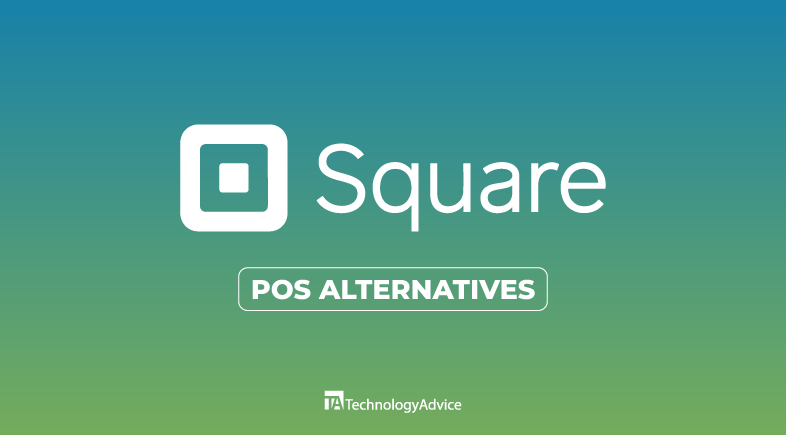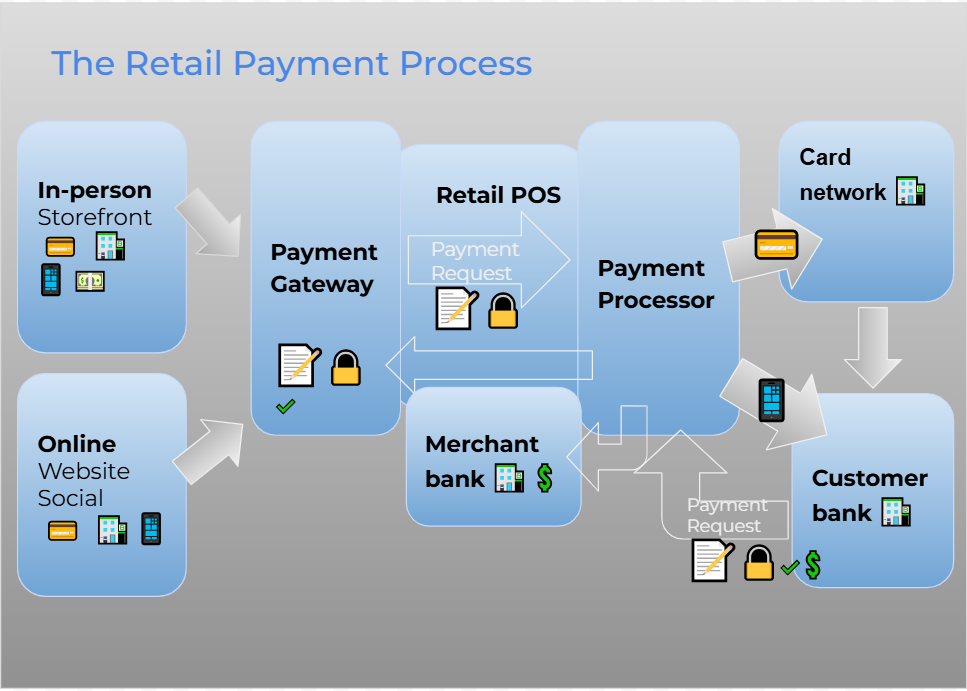Key takeaways
Before we discuss which CRM type is right for your business, first, let’s review what CRM is and isn’t.
What is CRM?
Customer Relationship Management, or CRM for short, is not just a tool but a strategic approach that encompasses businesses’ strategies, practices, and technologies (specifically software). It is pivotal in managing and analyzing customer interactions and data throughout the lifecycle, enhancing business relationships, customer satisfaction, and sales growth.
CRM systems typically store information like customer contact details, purchase history, preferences, and interaction records. They allow businesses to personalize communication, anticipate needs, and provide better support. CRM platforms also streamline sales, marketing, and customer service processes, enabling teams to work collaboratively and efficiently.
CRM is a powerful tool that helps businesses identify potential sales opportunities, automate marketing efforts, and provide detailed analytics on customer behaviors. Modern CRMs are often cloud-based, accessible on multiple devices, and integrated with other business applications to provide a comprehensive view of customer interactions and performance insights.
Read more: The Roles and Responsibilities of CRM
What are the types of CRM?
CRM systems come in three main types: operational, analytical, and collaborative. Each type serves a distinct purpose in managing customer relationships.
Operational CRM focuses on automating and streamlining customer-facing business processes like sales, marketing, and customer service. It helps manage leads, track sales activities, automate marketing campaigns, and support service interactions. By enhancing efficiency, operational CRM improves customer experiences and internal productivity.
Read more: Operational CRM Guide: Overview, Features & Benefits
Analytical CRM is designed for data analysis. It collects, processes, and analyzes customer data to provide insights into behavior, preferences, and trends. Businesses use this to create more targeted marketing strategies, improve customer segmentation, and make informed decisions to enhance customer retention and profitability.
Read more: Analytical CRM Guide: Overview, Features & Benefits
Collaborative CRM is designed to enhance communication between different organizational departments, such as sales, marketing, and customer service. It ensures seamless customer information and feedback sharing, enabling teams to work together effectively to provide better customer service and build stronger relationships. It’s about fostering a sense of unity and shared purpose within your business, enhancing teamwork and communication.
What are the benefits of using the right CRM type?
Choosing between the types of CRM to meet your business needs can really maximize the benefits of a large software purchase. We’ve broken down some of the benefits by type to help better understand what use cases best suit each.
Operational CRM
Enhanced efficiency: It automates routine tasks (e.g., data entry, and follow-up emails), reducing manual workload and minimizing errors.
Improved customer service: Centralizes customer information, enabling support teams to access comprehensive customer histories for quicker and more personalized service.
Sales team automation: Streamlines the sales process by managing leads, tracking opportunities, and forecasting sales, which can lead to increased sales performance.
Targeted marketing campaigns: Facilitates the creation and management of personalized marketing campaigns based on customer data and interactions.
Consistency across touchpoints: Ensures uniformity in customer interactions across various channels (e.g., phone, email, social media), enhancing the overall customer experience.
Analytical CRM
Deep customer insights: Utilizes data mining and analysis to understand customer behaviors, preferences, and trends, enabling more informed business decisions.
Customer segmentation: Divides the customer base into distinct groups based on specific criteria, allowing for more targeted and effective marketing strategies.
Performance measurement: Tracks and measures key performance indicators (KPIs) related to sales, marketing campaigns, and customer service, facilitating continuous improvement.
Predictive analytics: Anticipates future customer behaviors and market trends, aiding in proactive strategy formulation and risk management.
Personalized customer experiences: Leverages data to tailor products, services, and communications to individual customer needs, enhancing satisfaction and loyalty.
Collaborative CRM
Improved communication: This feature facilitates seamless information sharing across departments (e.g., sales, marketing, support), ensuring everyone has access to up-to-date customer information.
Enhanced team collaboration: Encourages teamwork by providing tools and platforms where employees can collaborate on customer-related projects and initiatives.
Unified customer view: Integrates data from various touchpoints, offering a comprehensive view of each customer that can be accessed by all relevant stakeholders.
Better customer engagement: Enables coordinated and consistent customer interactions across multiple channels, strengthening relationships and trust.
Streamlined processes with partners: Share relevant customer and market information to enhance collaboration with external partners, suppliers, or distributors, leading to more effective joint initiatives.
How to evaluate CRM software for your business
When evaluating the various types of CRM, there are many factors to consider. Evaluating CRM software for your business starts with thoroughly analyzing your company’s needs and goals and matching them with the features offered by various CRM platforms. Here’s a condensed step-by-step guide:
Identify business needs
Understand the specific processes your business needs to manage, such as lead tracking, customer service, or marketing automation. Choose CRM software that aligns with these needs.
Consider scalability
Ensure the CRM system can grow with your business. It should be able to accommodate or scale to add more users, data, and features as your company expands. In short, scalability is another essential consideration when choosing a CRM.
When considering use
User-friendliness and intuitive qualities of a specific CRM software are critical factors when evaluating and choosing the right solution. A complex system can lead to low adoption by your team, thus reducing its effectiveness. A user-friendly CRM will make your team comfortable and confident using the system, enhancing productivity and efficiency.
Read more: CRM Data Entry: Everything You Need to Know
Some CRM recommendations for your business
Pipedrive
Pipedrive is focused on sales pipeline management, offering easy-to-use features that help sales teams track deals, automate tasks, and manage customer interactions efficiently.
HubSpot CRM
Known for its user-friendly interface, HubSpot CRM is ideal for small and medium-sized businesses. It provides free core CRM features and integrates seamlessly with HubSpot’s marketing and sales tools, making it great for inbound marketing and lead management.
Zoho CRM
Zoho CRM offers affordable pricing and many features, including sales automation, analytics, and multichannel communication. It’s highly customizable and popular with small to mid-sized businesses.
Microsoft Dynamics 365
This CRM system integrates tightly with other Microsoft products like Office 365 and Teams. It’s known for its ability to combine customer relationship management with enterprise resource planning (ERP), making it suitable for larger organizations.
These platforms help businesses streamline customer interactions, improve efficiency, and drive growth.
Read more: Best CRM Software of 2024
How do you pick the right CRM solution or type for your business?
When deciding between the types of CRM, it’s crucial to align your business objectives with the specific functionalities of each CRM system. Here’s how to decide:
Evaluate business needs: Identify your primary goals—whether streamlining operations, analyzing customer data, or improving team collaboration. Operational CRM is ideal for sales automation and marketing efficiency. If you need data-driven insights for decision-making, choose analytical CRM. For enhanced communication across departments, go with collaborative CRM.
Consider size and growth: Operational CRM works best for smaller businesses that focus on managing customer interactions. Analytical CRM becomes more valuable as your business grows and customer data accumulates.
Assess customer touchpoints: If your business has multiple customer channels, a collaborative CRM helps integrate communication across departments to ensure a seamless experience. Customer touchpoints refer to any interaction with your company, from the first point of contact to the final sale. Understanding these touchpoints can help you choose a CRM that best supports customer interactions.
Budget and resources: Factor in the cost and complexity. Startups may prefer a simple operational CRM, while larger enterprises may need analytical or collaborative solutions with additional advanced features such as AI-powered analytics, predictive lead scoring, or advanced customer segmentation tools.
Understanding your business’s goals, size, and resources can help you select the CRM type that maximizes efficiency and drives growth.





